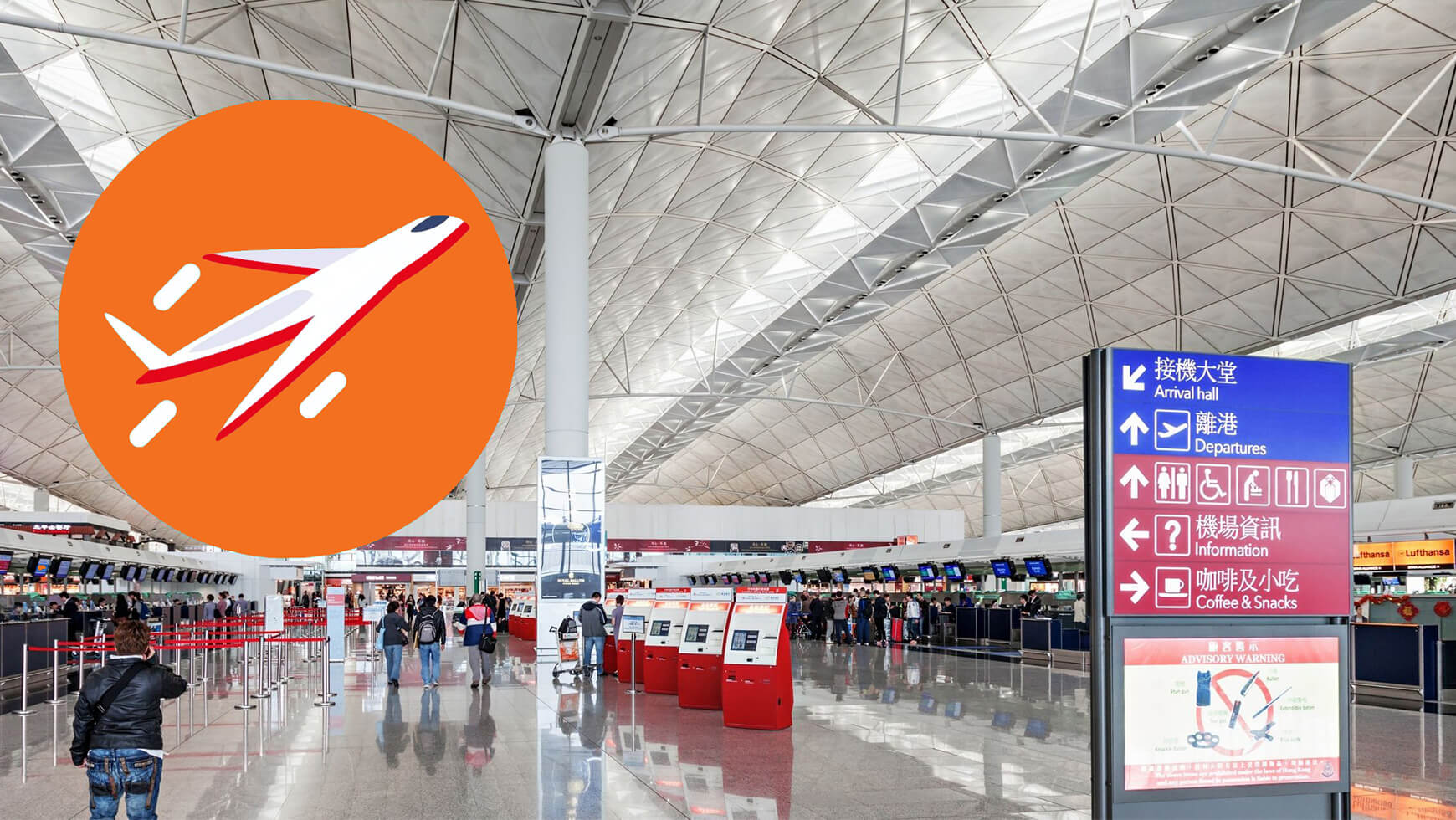Leaving Hong Kong: A practical guide to handling your finances
Each year, many people enter and leave Hong Kong. Perhaps you are moving back home or to an opportunity elsewhere. There are many things to take care of regarding your move.
To help you with the administrative tasks, we will explain in this article how to handle your tax clearance, MPF, insurance, and banking before leaving Hong Kong.
Salaries Tax Clearance in Hong Kong
If you plan on leaving Hong Kong, you should notify the Inland Revenue Department (IRD) and inform them of your intended date of departure. This should be at least one month before your departure date.
Your employer will need to fill in an IR56G form and provide a copy to you, also not later than 1 month before departure. From this moment, the employer will withhold all its payments to you.
Once the IRD is notified, they will send a final green tax form, BIR60, to you for completion generally within 14 days. You will then be required to file all the outstanding tax returns, clear all the tax matters and settle the final bill upon which you will receive your “Letter of Release”.
You will need to show your payment receipts at the Revenue Tower to receive the “Letter of Release”. The fastest payment methods are cash, EPS, ATM, or cashier order. The release letter will normally be issued the same day.
Once your employer receives your “Letter of Release”, they will release the final payment, including your final salary, previously withheld to you.
If you’re not able to collect the letter in person, it will be posted to both you and your employer.
If you fail to pay the taxes before the tax payment due date, the IRD would potentially issue an IR113 notice to your employer, which requires the employer to pay the withheld money not exceeding the amount of your tax bill to the IRD.
Are you running your own company or are you self-employed? If you are ceasing your business when leaving Hong Kong, then you should:
- inform the IRD that you are ceasing business one month before your departure
- file a tax return for the relevant year(s)

Tax Planning when Leaving Hong Kong
Hong Kong has a relatively simple tax system with low tax rates comparatively. Having said that, certain tax issues are not straightforward and need to be dealt with care.
Before leaving Hong Kong, it is advisable to understand any tax consequences of your move. For example, if you want to sell any investments, you may need to consider whether the resulting gains can be qualified as capital in nature and hence non-taxable in Hong Kong.
Apart from Hong Kong tax, you are recommended to know the tax implications and consequences of your new tax jurisdiction before leaving Hong Kong.
A tax advisor can help you understand your tax position, such as individual income tax, estate duty, and more, in the relevant tax jurisdictions. They can also help explore any possible ways to achieve tax efficiencies, such as whether to transfer your assets into a newly established entity, trust or foundation, before or after your departure from Hong Kong for good.
If you are running a business, there are several tax-related points to review as part of your tax planning, such as the shareholding structure. The support of a tax advisor may save you money and time in this regard.
Mandatory Provident Fund (MPF)
As an employee, a portion of your salary has been regularly deducted to save in your MPF scheme in Hong Kong for your retirement.
When you’re leaving Hong Kong and have no plans to return, you can withdraw your built-up MPF. The fund’s withdrawal is tax-free under certain prescribed conditions.
To start the process of withdrawing your MPF, first, you need to confirm at the Public Enquiry Service Centre that you are leaving Hong Kong. There, they will also provide you with the forms to claim back your MPF, send these to your MPF provider.
Each MPF provider might have varying requirements, but in general, they will need:
- a copy of your HKID
- proof that you’re leaving the country (from the Public Enquiry Service Centre)
- a copy of your passport
- a forwarding address
Once the application is complete, it takes about one month after your departure for the money to arrive in your account.
An important note: you only get to withdraw your MPF once. If you come back to work in Hong Kong at any point in time, you will have to wait until your retirement to withdraw any accrued MPF benefits.
Insurance
During your time in Hong Kong, you may have taken out any insurance policies, such as home, health, travel, or others.
Insurance policies are often not transferrable, so do not forget to cancel any of these insurances before leaving Hong Kong, to avoid paying too much premium
Some insurance companies need three months’ written notice to cancel a contract; keep this in mind when leaving Hong Kong.

Banking
When you’re leaving Hong Kong, you may opt to keep or close your bank account in Hong Kong. Non-residents are allowed to have a bank account in Hong Kong, which might be useful in some cases, such as settling all final bills.
Remember to update your contact details and cancel any direct debits and other automatic payments, including any credit card companies.
Depending on your bank and account, your money might be transferred into a new location and currency.
If you do choose to close your bank account, it would be ideal to do this in person. However, many banks will allow doing this online or in writing. Your bank might charge a fee for closing the account; this is common practice.
Should you keep your personal bank account in Hong Kong, there might potentially be an automatic exchange of bank account information between Hong Kong and your new tax jurisdiction.
How HKWJ Tax Law can help if you’re leaving Hong Kong
A tax representative, like our firm HKWJ Tax Law & Partners Limited, can provide the relevant assistance for your move out of Hong Kong.
We are here to help with your tax clearance matters, both for individuals and company owners, and your MPF withdrawal process. Furthermore, our experienced tax advisors will guide you in understanding your tax position in relevant foreign tax jurisdictions.
Please feel free to reach out via the contact form below.






